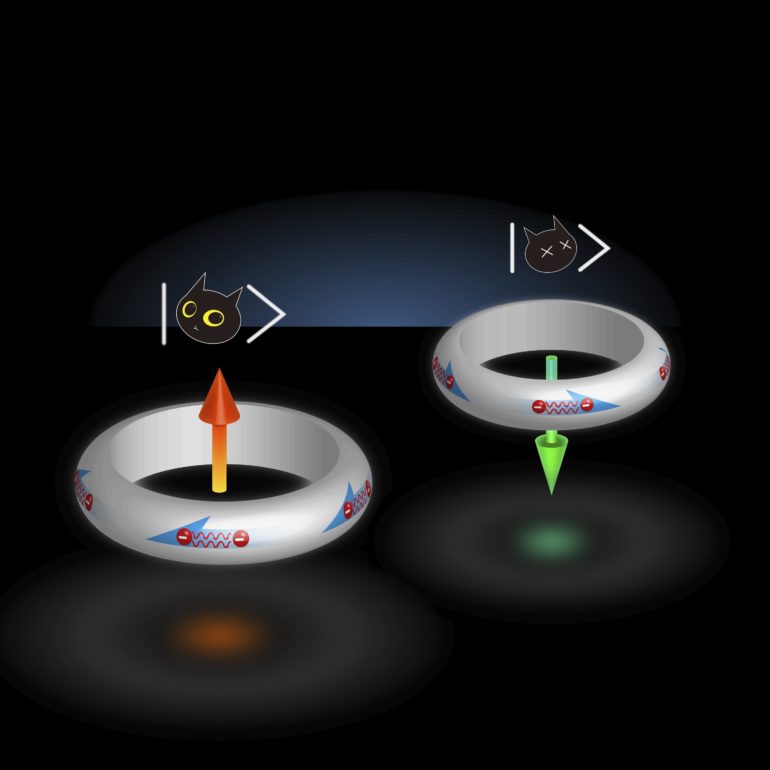Quantum computers with the ability to perform complex calculations, encrypt data more securely and more quickly predict the spread of viruses, may be within closer reach thanks to a new discovery by Johns Hopkins researchers.
“We’ve found that a certain superconducting material contains special properties that could be the building blocks for technology of the future,” says Yufan Li, a postdoctoral fellow in the Department of Physics & Astronomy at The Johns Hopkins University and the paper’s first author.
The findings will be published October 11 in Science.
Today’s computers use bits, represented by an electrical voltage or current pulse, to store information. Bits exist in two states, either “0” or “1.” Quantum computers, based on the laws of quantum mechanics, use quantum bits, or qubits, which do not only use two states, but a superposition of two states.
This ability to use such qubits makes quantum computers much more powerful than existing computers when solving certain types of problems, such as those relating to artificial intelligence, drug development, cryptography, financial modeling and weather forcasting.
A famous example of qubit is Schrodinger’s cat, a hypothetical cat that may be simultaneously dead and alive.
“A more realistic, tangible implementation of qubit can be a ring made of superconducting material, known as flux qubit, where two states with clockwise- and counterclockwise-flowing electric currents may exist simultaneously,” says Chia-Ling Chien, Professor of Physics at The Johns Hopkins University and another author on the paper. In order to exist between two…



